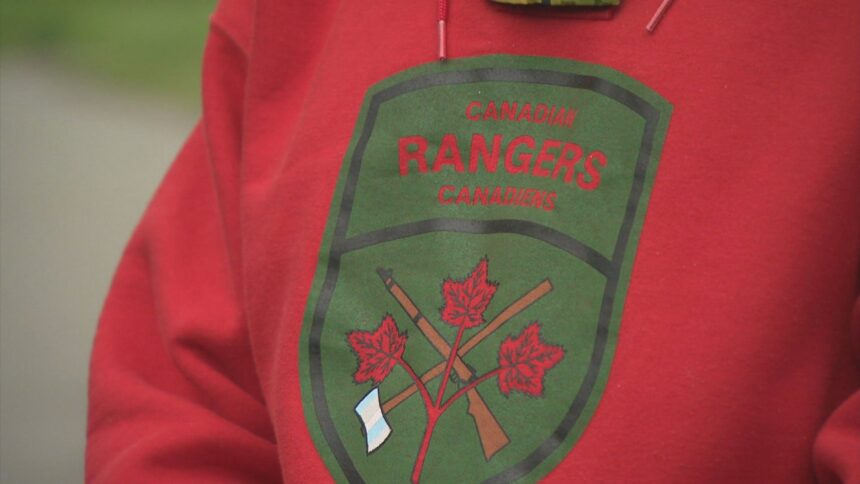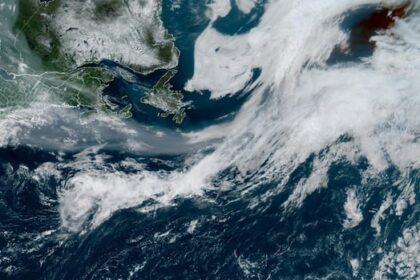A new reports says the federal government should improve information sharing and co-planning between First Nations and the military to improve Arctic defence and security. The 72-page report by the Assembly of First Nations Yukon Region and the North American and the Arctic Defence and Security Network is also recommending that Canada provide money for defence positions within First Nations governments. The report’s findings stem from a First Nations’ defence and security conference held earlier this spring and open houses focused on Arctic security issues. “This report is intended as both a record of what has been heard and a strategic guide to inform future collaboration,” the report states. The report notes there’s a growing focus on Arctic security and bolstering the North’s defenses in the wake of geopolitical tensions like Russia’s war with Ukraine, increased interest in the Arctic from China and Russia, as well as the Trump Administration’s demands that Canada strengthen its defense capabilities. Prime Minister Mark Carney has promised to bolter Canada’s military across the region. The report provides a dozen recommendations on how to include First Nations. The report also found First Nations in the territory are often largely excluded from decisions surrounding defense and security planning, despite having on-the-ground knowledge of their territories and lived experience, something that became clear during the 2023 balloon incident. The incident saw an unidentified flying object, initially thought to be a foreign surveillance balloon, shot down over the territories of the Na-Cho Nyäk and Tr’ondëk Hwëch’in First Nations. The object has never been recovered. The report says the incident caused confusion and “exposed serious flaws in Canada’s current response systems.” “First Nations governments were not notified in real time, Canadian Rangers were not activated immediately despite their readiness and local expertise, and valuable community knowledge was left untapped during critical stages of the response,” it says. “Over the past three years, Yukon First Nation Chiefs and leaders have consistently called for greater inclusion and a more active role in shaping defence and security policy in the North.” Beyond that, the report notes the Yukon is strategically valuable because of its proximity to Alaska and the Arctic ocean, as well as its road and air networks, though military investment in the territory is lacking. It also found the Yukon’s Canadian Rangers need more support and resources; First Nations search and rescuers are rarely treated as formal partners by other agencies; and, that better infrastructure in First Nations communities could strengthen northern defense planning, especially as climate change continues to impact the North. The rangers are part of the Canadian military operating in remote and northern regions of the country. The report further acknowledges how past defense efforts have impacted First Nations, such as the construction of the Alaska highway during the Second World War, which “disrupted governance systems, displaced communities, and caused environmental damage that remains unresolved.” Continue Reading
First Nations in Yukon need to be more involved in Arctic security, defence says report

Leave a Comment










